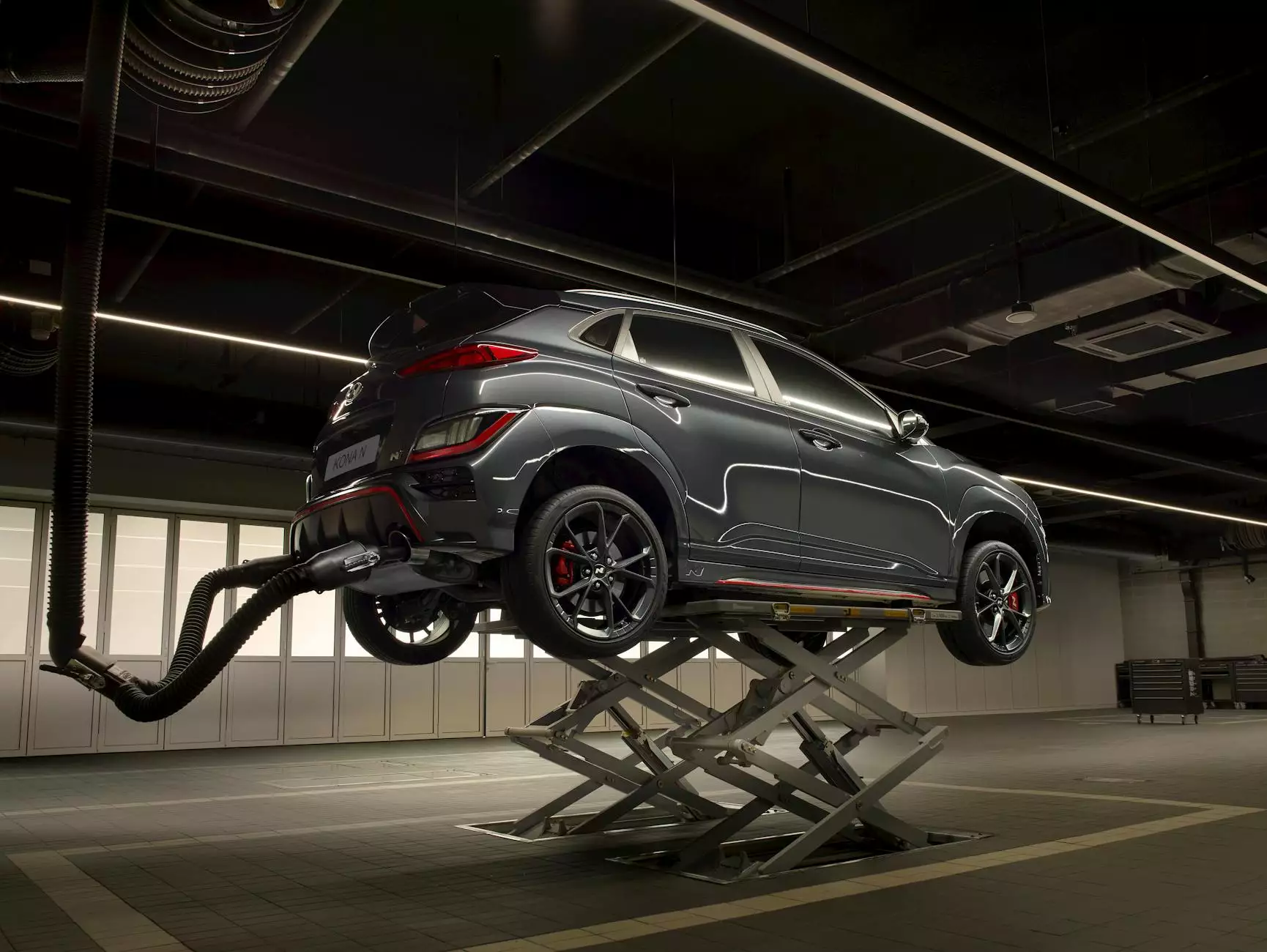8 Signs You Should Get an Engine Diagnostic

As a car owner, it's essential to stay proactive when it comes to the health of your vehicle. One critical aspect of car maintenance is regular engine diagnostics. By identifying and addressing issues early on through comprehensive engine diagnostics, you can prevent costly repairs and ensure your vehicle's optimal performance. In this article, Ultimate Auto Sales, a leading player in the Vehicles - Automotive Industry, presents 8 signs that indicate it's time to get an engine diagnostic.
1. Illuminated Check Engine Light
The most obvious sign that you need an engine diagnostic is when the check engine light on your dashboard illuminates. While it may indicate minor issues like a loose gas cap, it can also point to significant engine problems. Ignoring this warning light and not getting an engine diagnostic can lead to more extensive damage and costly repairs down the line.
2. Engine Misfiring
Engine misfiring is a common sign of engine trouble. If you notice a rough running engine, unusual vibrations, or a decrease in power, it's likely that there is a problem with your engine's combustion process. An engine diagnostic will help pinpoint the issue, whether it's due to faulty spark plugs, a clogged fuel injector, or other underlying problems.
3. Reduced Fuel Efficiency
Have you noticed a sudden decrease in your car's fuel efficiency? If you find yourself making more frequent trips to the gas station or your fuel gauge seems to drop faster than usual, it could indicate an engine issue. A comprehensive engine diagnostic can help identify the cause of your reduced fuel efficiency, whether it's a malfunctioning oxygen sensor, a clogged air filter, or another issue affecting your engine's performance.
4. Excessive Exhaust Smoke
Unusual exhaust smoke is another sign that you should get an engine diagnostic. Different colors of smoke can indicate various engine problems. For example, black smoke may suggest a fuel system malfunction, while white smoke could indicate a coolant leak. By getting an engine diagnostic, you'll be able to determine the exact issue and take the necessary steps to fix it.
5. Strange Noises
If you hear unusual noises coming from your engine, such as knocking, grinding, or hissing sounds, it's crucial to have it checked with an engine diagnostic. Strange noises often indicate mechanical issues that could worsen if left unattended. By promptly identifying and resolving the problem, you can prevent further damage and extend the lifespan of your engine.
6. Overheating Engine
An overheating engine is a serious issue that requires immediate attention. If your temperature gauge rises into the red zone or you notice steam coming from under your hood, pull over and schedule an engine diagnostic right away. Ignoring an overheating engine can result in severe engine damage, leading to costly repairs or even engine failure.
7. Reduced Performance
If you feel that your vehicle's performance has significantly decreased, even if it's not accompanied by any warning lights or strange noises, it's worth considering an engine diagnostic. Reduced performance can be caused by various factors, including a failing sensor, clogged fuel lines, or a malfunctioning catalytic converter. Pinpointing the exact cause through an engine diagnostic will help restore your vehicle's optimal performance.
8. Persistent Fluid Leaks
Leaking fluids under your car can indicate a leak in your engine. While some leaks may be minor and harmless, others can be a sign of a significant problem. An engine diagnostic will help identify the source of the leak and determine the necessary repairs to prevent further damage to your engine.
When it comes to your vehicle's engine, staying proactive is key to preventing major issues. By paying attention to these 8 signs and getting an engine diagnostic from Ultimate Auto Sales, you can ensure the longevity and reliability of your vehicle. Don't wait until it's too late – schedule your engine diagnostic today!










